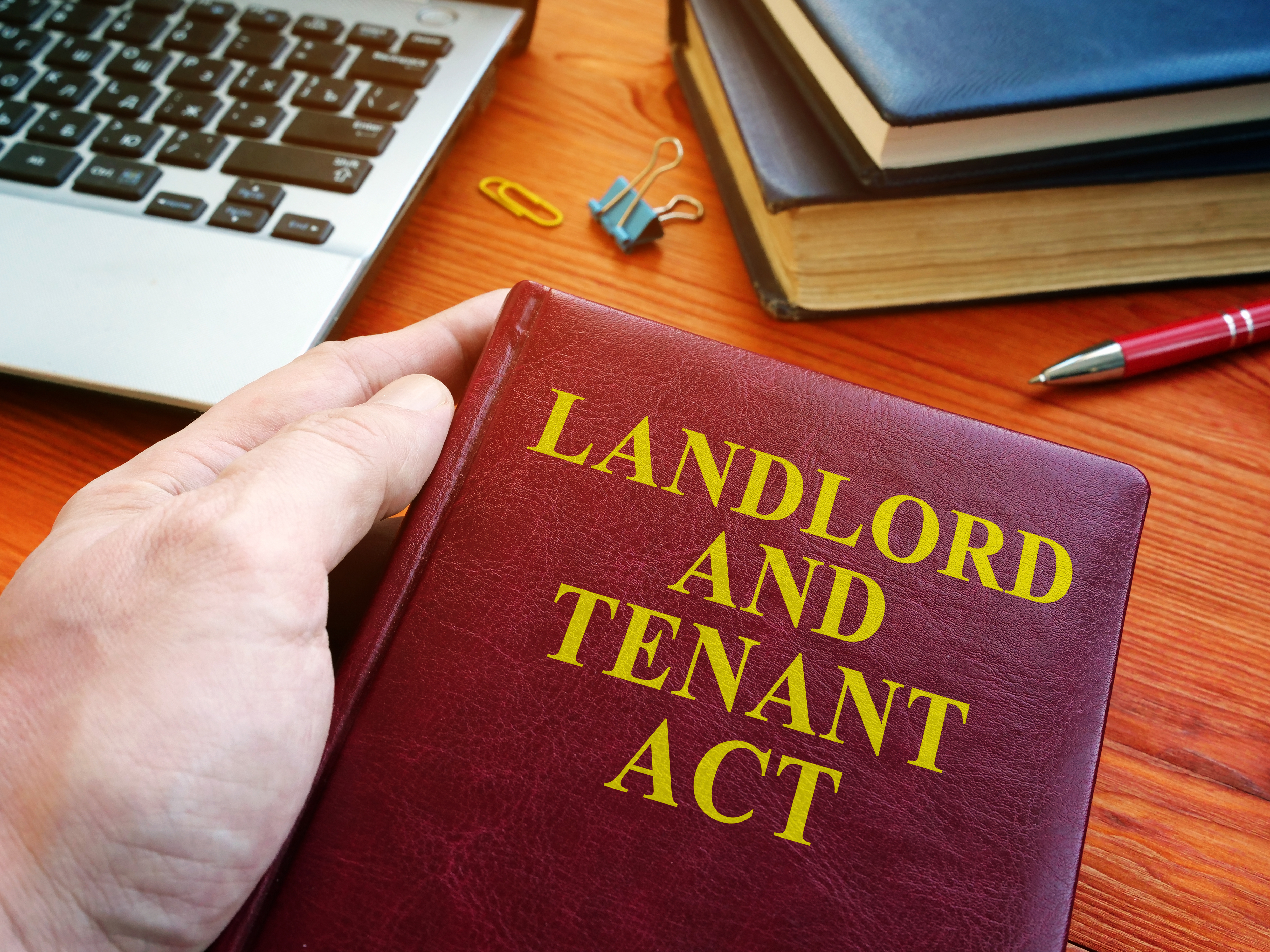
‘Landlords may be surprised to find they can be held liable for their tenant’s activities,’ says Douglas Godwin, Partner and Head of Corporate and Commercial Services with QualitySolicitors Parkinson Wright. ‘It is not enough to grant a lease then sit back and wait for the rent to come in,’ Douglas continues. ‘You must be on top of what is happening in and around the property.’
Enforcing the lease
The lease will set out a number of requirements for the way the tenant must (and must not) use the property. Your key tool as landlord is your right to enforce those requirements.
The lease will set out the permitted use for the property, which may be very specific (for example, use for ‘high class retail’) or more generic (for example, use as offices or any other use within Use Class E as the landlord agrees). Use classes are set out by Parliament as part of planning legislation, and it is common to refer to them as a short hand instead of specifying a narrow use. This approach also allows some flexibility for changing the use of the property without formally varying the lease. The point is that you, as landlord, are limiting the tenant’s use of the property to what is allowed by the relevant planning permission and what you want for that particular unit.
There will also be a list of prohibited activities, such as illegal uses and uses in breach of planning permission and any other statutory requirements. As landlord, you might assume that if there is a breach, only the tenant will be liable but that is not always the case. For example, if there is a breach of planning rules the local planning authority may serve an enforcement notice on you as owner as well as on the tenant occupier. If you have to act to remedy a breach you should be able to recover costs from the tenant, but it is far better to make sure this situation does not arise by active management.
If the tenant is using the property for an illegal purpose, there is a risk that the rent you receive for the property will be regarded as ‘proceeds of crime’ and could be confiscated under the Proceeds of Crime Act 2002. This happened to the landlord of a property in Manchester in 2023. The premises had planning permission for use as a restaurant, but the tenant was also using them as a shisha café, which was illegal. The local authority served an enforcement notice requiring the premises to close and, when this did not happen, the landlord faced a prosecution. As well as receiving a fine of over £18,000, the landlord was ordered to pay over all the rent received from the date of the enforcement notice until the date the landlord terminated the tenant’s lease, which came to nearly £175,000. This kind of high-profile case also brings unwelcome bad publicity and could taint the reputation of the premises, making them more difficult to let in the future.
Your commercial property will also be subject to a range of statutory fire, environmental, and other health and safety obligations. These rules are often complex, particularly in the way liability is shared between owners and occupiers, so you should ask your solicitor for detailed advice on how they apply to your premises. The point to bear in mind is that in some cases, these statutory obligations might be enforced against you as landlord if your tenant fails to comply. Your insurance policy could also be affected by a tenant’s failure to comply with safety regulations.
Claims from your other tenants
In addition to the specific requirements to comply with statute, your lease will probably have an obligation for your tenant not to cause a nuisance to neighbouring owners and occupiers.
You should be particularly careful about this if you have other tenants nearby and you receive a complaint. If you do not act to enforce the terms of the lease to stop one tenant causing a nuisance, you could find yourself liable to pay damages to your other tenants. For example, one landlord who owned an arcade of shops was ordered to pay damages to some of the retail tenants who had lost trade because their customers were deterred by people queuing for a pawn-broking shop in the arcade, which was operated by one of the landlord’s other tenants. As landlord, you have a contractual right to stop activities by your tenant which are causing a nuisance, but if you fail to act you may be treated as permitting those activities.
How we can help
Proactive management will mean you can spot problems and deal with them before they escalate into an expensive dispute. Our expert commercial property lawyers are here to help you with advice on what to look out for when managing your commercial property and how to approach a tenant if they are using the property in a way that is illegal or is causing a nuisance.
For further information, please contact Douglas Godwin or a member of the commercial property team on 01905 721600 or via email worcester@parkinsonwright.co.uk
This article is for general information only and does not constitute legal or professional advice. Please note that the law may have changed since this article was published.
